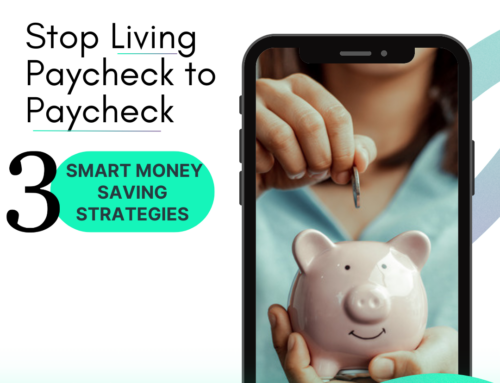Credit cards are powerful financial tools—when used wisely, they can help you build a strong credit score, earn rewards, and manage cash flow efficiently. However, if mismanaged, they can lead to a debt trap and financial stress. In this blog, we’ll explore the right way to use a credit card, real-life case studies to help you understand the impact of good and bad usage, and actionable steps to maximize benefits while avoiding pitfalls.
Understanding the Role of a Credit Card
A credit card is not “free money”; it’s a financial instrument that provides a short-term loan. If used responsibly, it can help improve financial health. The key lies in responsible spending, timely repayments, and strategic usage.
Rohit, a 32-year-old marketing professional, uses his credit card strategically. He pays for all his monthly expenses—groceries, fuel, and bills—on his credit card to earn reward points. However, he ensures he pays the full bill before the due date to avoid interest charges.
Benefits Rohit enjoys:
- High credit score due to timely payments
- Cashback and reward points from purchases
- No interest paid, as he clears the dues in full
- Improved financial discipline
Mistakes to Avoid When Using a Credit Card
Many people misuse credit cards, leading to debt accumulation.
Case Study 2: The Credit Card Debt Trap
Priya, a 28-year-old IT professional, used her credit card for impulsive shopping. She made only minimum payments, assuming it was enough. Over time, her outstanding balance grew, and she was charged high interest rates (35-40% annually). Eventually, she struggled to pay off the accumulated debt.
Mistakes Priya made:
- Making only minimum payments
- Overspending beyond her means
- Not tracking her expenses
- Ignoring interest charges
Lesson: Always pay your credit card bill in full and spend only what you can afford to repay.
Right Way to Use a Credit Card: Actionable Steps
1. Pay Your Credit Card Bill in Full and On Time
- Never carry forward the balance to avoid interest charges.
- Automate your payments to avoid late fees.
2. Use Your Credit Card for Planned Expenses
- Pay for essentials like groceries, fuel, and utility bills—not luxury items you can’t afford.
- Stick to a budget to ensure you can pay the bill in full.
3. Keep Credit Utilization Below 30%
- If your credit card limit is ₹1,00,000, avoid spending more than ₹30,000 per billing cycle.
- Low utilization improves your credit score, making future loans easier to get.
4. Avoid Cash Withdrawals from a Credit Card
- Cash advances come with high fees and interest (typically 2.5-3.5% per transaction).
- Use a debit card for cash withdrawals instead.
5. Take Advantage of Reward Programs & Cashback
- Use a credit card that aligns with your lifestyle (e.g., travel cards for frequent flyers, cashback cards for daily expenses).
- Redeem points before they expire.
6. Check Your Credit Card Statements Regularly
- Monitor for unauthorized transactions and dispute fraudulent charges immediately.
- Tracking expenses helps in financial planning.
7. Avoid Applying for Multiple Credit Cards at Once
- Too many applications can lower your credit score.
- Apply only if necessary and manage existing cards efficiently.
The Smart Way to Use a Credit Card
A credit card is a financial tool, not a liability, when used correctly. By following these best practices—paying on time, spending within limits, using rewards wisely, and tracking expenses—you can enjoy the benefits without the burden of debt.
Need Help Managing Your Finances?
Struggling with credit card debt or want to improve your financial health? At Financial Friend, we help you make smarter financial decisions by offering:
Debt Management Strategies
Credit Score Improvement Guidance
Personalized Financial Planning
Tax Optimization and Wealth Creation
Take control of your financial future today!
Call us at +91 9460825477 or visit www.financialfriend.in to book a free consultation.
Don’t let your credit card control you—learn how to control it. Let’s work together to achieve your financial goals!





